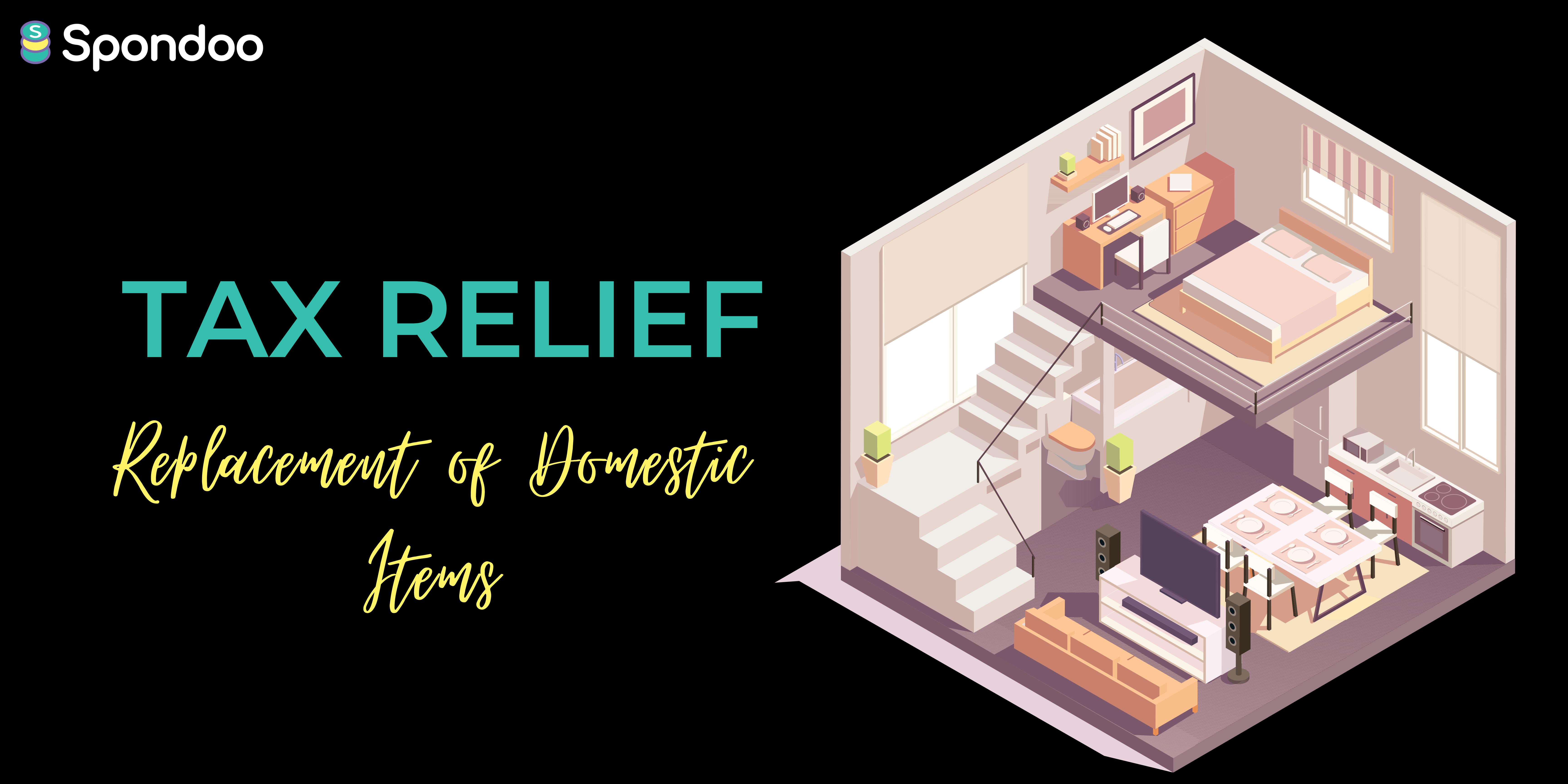
The Replacement of Domestic Items Relief legislation allows landlords to claim tax relief when they replace (not initial purchase) – allowable domestic items. It only applies to landlords (companies, individuals, and trusts) – who let residential property and not furnished holiday lettings.
Claimable ‘domestic items’ include:
It is worth bearing in mind that fixtures are not domestic items and do not qualify for DIR. Nonetheless, as they are fixtures of the building, the cost of replacing these may be an allowable expense as a repair to the establishment. Fixtures are:
Fixtures may include:
For you to claim tax relief on a new item under DIR – the following conditions must be met:
The ‘wholly and exclusively’ rule limits deductibility to expenditure incurred wholly and exclusively for business purposes.
The capital expenditure rule depends on – whether the accounts of the property business are prepared using the cash basis (automatic for property businesses) or under the accruals basis (apply where the landlord is not eligible for the cash basis).
Under the accruals basis, a deduction for capital expenditure is not permitted. Contrarily, under the cash basis, while Capital Expenditure can be deducted, this is subject to several significant exceptions – including a prohibition on a deduction for capital assets used in ordinary residential properties.
However, a deduction is not allowed if:
It is crucial to consider the incidental costs of acquisition or disposal, and any proceeds received from the sale of the old item, Tax relief is calculated as:
If the new item is of broadly the same quality/standard as the old item and doesn’t represent an improvement, then the deduction is the cost of the new item. However, where the new item is not substantially of the same standard/quality as the old item, the deduction is equal to the lesser of:
OR
The deduction is increased by the amount of incidental expenditure – if Incidental Capital Expenditure is incurred during the disposal of the old item or the purchase of the new item. Examples of Incidental Capital expenditures are:
If you dispose of the old item, consideration is made in money or the money’s worth. To get the amount of the tax deduction, the amount received is deducted from the cost of the new asset. For example, if a landlord replaces the carpet in their let property. They sell the old one for £200 and buy a new one of equivalent quality/standard, for £800. The amount of the deduction for Replacement domestic items would be £600.
If you trade the old item for a new item, the deduction equals – the amount expended more than the trade-in value received. For instance, a landlord buys a new oven costing £900. They trade in the old oven for £400 and meet the rest of the cost with £500 of cash. The amount of the deduction for Replacement domestic items would be £500.
If you are an unincorporated trader, you can claim DIR via your self-assessment return by filling the amount in the relevant box on the property income pages.
Are you a landlord looking for tax help? Contact us for support!
